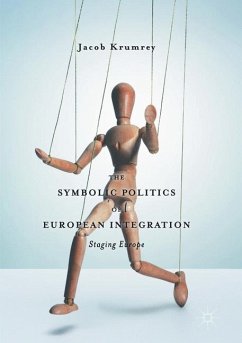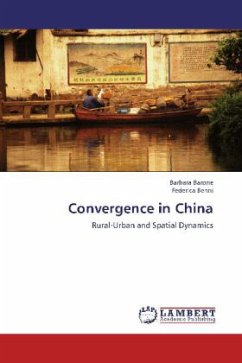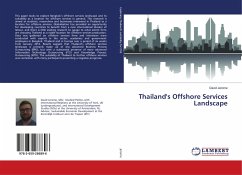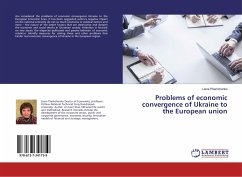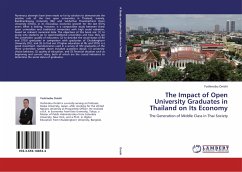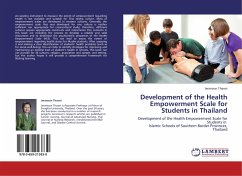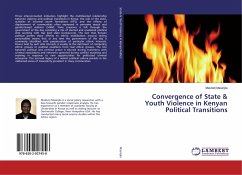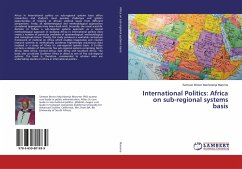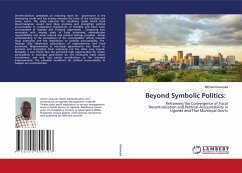
Beyond Symbolic Politics:
Reframing the Convergence of Fiscal Decentralization and Political Accountability in Uganda and Thai Municipal Gov'ts
Versandkostenfrei!
Versandfertig in 1-2 Wochen
47,99 €
inkl. MwSt.

PAYBACK Punkte
24 °P sammeln!
Decentralization symbolizes an enduring hope for governance in the developing world and has already amassed the favor of the scholarly and policy world. The study explored the conditions under which fiscal decentralization would most likely promote and strengthen political accountability in comparative frameworks of Entebbe and Khon Kaen municipalities of Uganda and Thailand respectively. Comparing two municipals with varying levels of fiscal autonomy, administrative responsibilities and social cultural and political settings provided better understanding of the perceptions of the municipaliti...
Decentralization symbolizes an enduring hope for governance in the developing world and has already amassed the favor of the scholarly and policy world. The study explored the conditions under which fiscal decentralization would most likely promote and strengthen political accountability in comparative frameworks of Entebbe and Khon Kaen municipalities of Uganda and Thailand respectively. Comparing two municipals with varying levels of fiscal autonomy, administrative responsibilities and social cultural and political settings provided better understanding of the perceptions of the municipalities' efforts towards fiscal autonomy and the implications to political accountability. The findings defy theoretical postulations of responsiveness and fiscal autonomy. Responsiveness in municipal governments was found to promote and strengthen fiscal autonomy not the other way around. Relatedly, it was found that the perceived high opportunities for citizen participation in municipal governance do not necessarily imply citizen involvement, and only had partial contributions to the intended empowerment. The plausible conditions for political accountability to happen are recommended.



